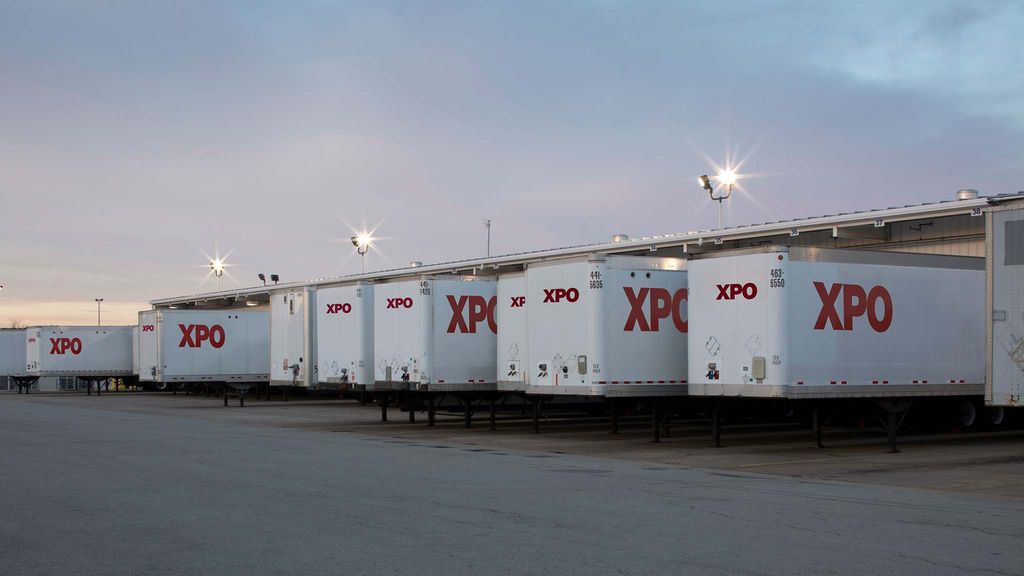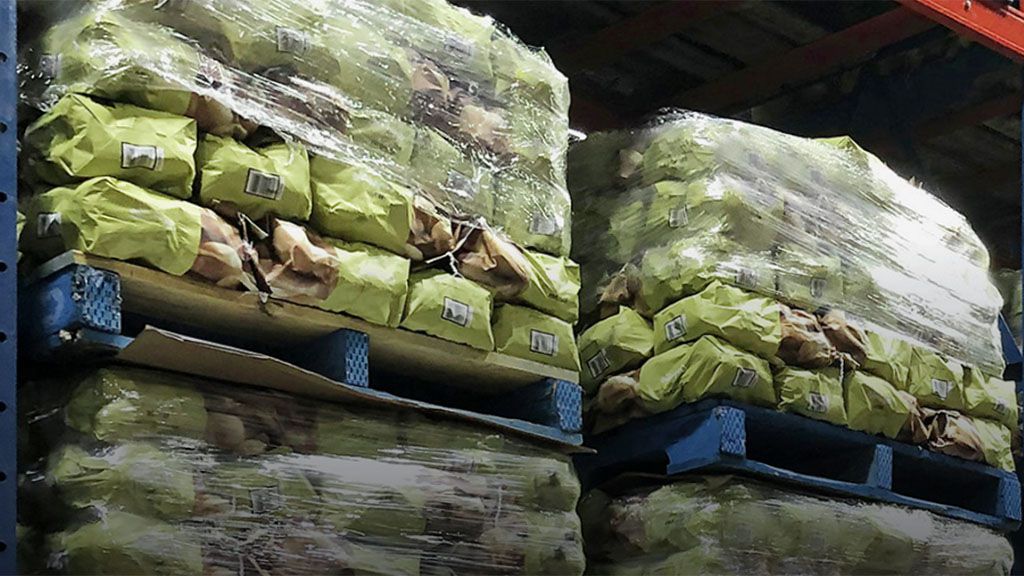8 Tips for Shipping Chemicals and Hazmat Freight using LTL
If you’re looking for an LTL carrier that can ship your chemical or hazmat products, there are a number of factors to consider. Here are the top eight things to know when choosing a carrier you can trust with your freight.
Get the latest news and updates on XPO
Compliant with rules and regulations
Shipping compliance is critically important in the chemical supply chain. It’s imperative to handle and store the freight properly to ensure the safety of the environment and the surrounding communities. Strict federal, state, provincial and local regulations govern the transport of these materials, requiring that a carrier has regulatory knowledge, experience and expertise with all compliances. Your freight may flow more smoothly with fewer delays for you and your customers.
Impeccable quality control processes
Your carrier’s quality control processes for check-in and check-out are key to the safe, secure transport of chemicals and hazmat freight. At all times, the carrier must know what chemicals are onboard, as well as their proper storage requirements. This includes complying with the labeling and placarding requirements for trailers, ensuring the bills of lading properly describe each substance and the severity of the danger, and ensuring the integrity of the shipping containers to prevent spills.
Trained staff capable of handling chemicals
When considering a carrier, be sure to ask about their training and certification processes for workers who will handle the freight, typically truck drivers and dockworkers. Specialized training is required for anyone who handles combustibles, contaminants and toxic substances to ensure safety and compliance while in transit. LTL shipments are often handled multiple times during transit, including cross-dock operations, which means that all workers should all be certified for handling these materials. LTL shipments are also comingled with other shippers’ freight, so operators need to determine how conflicting substances should be separated.
Damage-free service performance
Be sure to package your chemical or hazmat products in secure containers, following proper labeling requirements. These are your responsibilities as shipper, and together with the carrier’s rigorous loading, unloading and handling protocols, they provide critical protection against tears, punctures and spills. Some LTL carriers, like XPO, have a system of decking and strapping inside the trailer to secure the freight and limit shifting during transit. This is an important offering you should consider when evaluating carriers for chemical and hazmat products. By doing everything you can from the outset to reduce damages and exceptions, you could save time and money and protect people, communities and the environment.
Safety and remediation protocols
Any LTL carrier that handles chemicals and hazmat freight should have safety protocols in place in the event of a spill. Workers must have clear steps to follow and a means of reporting the spill so that management can ensure the appropriate remediation teams are involved. This is for everyone’s protection, as well as the environment. Since many LTL carriers move freight overnight, these resources must be available during all operating hours. When evaluating LTL carriers, ask for detailed descriptions of their safety and remediation protocols to make sure they align with your company values and the products you ship.
Hazmat-certified truck drivers
A driver’s hazmat certification means that he or she is a trained professional capable of transporting flammable, toxic or other hazardous materials; this certification is required for LTL drivers who transport chemicals. When evaluating LTL carriers, be sure to ask about the certification status of their drivers and linehaul network. The last thing you want is a shipping delay because the carrier doesn’t have access to enough hazmat-certified drivers.
On-time service and time-critical options
You already know that on-time service is critical, especially when managing just-in-time deadlines. While it’s important to choose an LTL carrier with reliable on-time performance overall, it’s advisable to take it a step further and review the carrier’s service options for time-critical shipments. Appointments, after-hours delivery and remote delivery are all options for consideration. Many LTL carriers offer these services, but the specifics vary. You’ll want to ask for details, to confirm whether their services fit your needs.
Prior experience in cross-border shipping
Laws and regulations for the transportation of chemicals and hazmat freight may vary from country to country. Rather than try to stay up-to-date with changes in regulations, rely on an LTL carrier with a strong cross-border track record. If you have cross-border supply chains, such as products moved between the U.S. and Mexico or Canada, look for a carrier with many years of cross-border freight movements at those borders, and with customs experts on hand who can assist with your freight documentation, for a streamlined border experience.
Choose to ship with confidence
Choose an LTL carrier that you can feel confident about every time you ship. Experience, safety protocols, damage-free performance, on-time service and a customer-focused service culture should be key factors in your selection. At XPO, leading chemical companies rely on us to safely move copious amounts of shipments annually. We have hazmat-certified professional drivers, decades of experience, including cross-border, and the network capacity to handle all your LTL needs. Learn more about XPO by visiting xpo.com.
Further Reading


